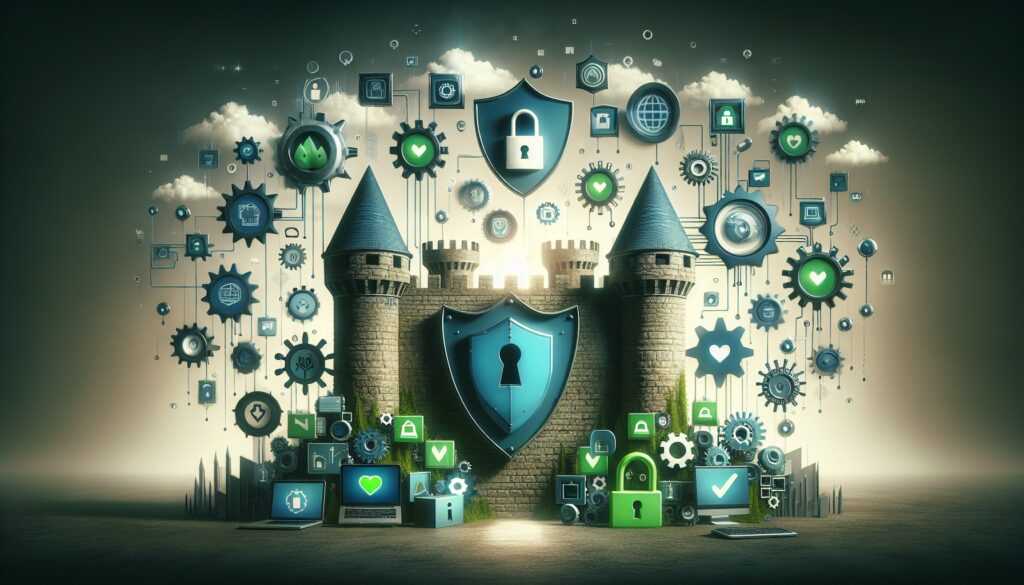9 Useful Tips and Instructions to Improve Your Website Security
Developing and maintaining a secure website is one of the most important tasks for every webmaster. After all, your website is a digital representation of your business and may contain confidential information about your company and your customers. Therefore, the security of your website must be at the highest level.
Improving your website's security is an ongoing process that requires constant attention and updating. In this guide, we offer you nine useful tips and instructions to help improve your website's security and protect it from potential threats.
1. Update your CMS and plugins regularly
- Vulnerabilities in CMS and plugins can be used by hackers to hack and attack your site. Regularly updating your CMS and all installed plugins is an important security measure. Constantly monitor for updates and install them immediately after they are released.
- Carefully study the official websites of CMS and plugins, as well as reviews and recommendations from other users before installing or updating.
2. Use complex passwords
Using complex passwords for your administrator account is a basic security requirement. Your password should be long and contain a combination of letters (upper and lower case), numbers, and special characters. Don’t use simple passwords like “password” or “123456,” and don’t use the same password for different accounts.
3. Enable two-factor authentication
Two-factor authentication is an additional layer of security that requires you to provide two different identification factors to log in. This can be a combination of a password and a temporary code sent to your mobile phone or email. Enabling two-factor authentication will help prevent unauthorized access to your administrator account.
4. Create regular backups of your site
Creating regular backups of your website is an important security measure. If your website is hacked or damaged, a backup will allow you to restore it to its original state. Backups can be created automatically using special plugins or manually using FTP.
5. Secure your admin panel
Your website's admin panel is a target for hackers, so it's important to take extra security measures to protect it. Enable password protection for access to the admin panel. Also, regularly check your admin panel access logs for suspicious activity.
6. Limit login attempts
Hackers can use brute force to break into your administrator account. Limiting the number of login attempts can prevent such attacks. Many security plugins offer the ability to lock accounts after several failed login attempts.
7. Use HTTPS
HTTPS is a protocol for secure data exchange between a server and a browser. Using HTTPS on your site protects user data, such as login and password, from being intercepted by hackers. To use HTTPS, you will need an SSL certificate.
You can find out where to buy an SSL certificate and how to set it up in the article “How to Setup Litespeed in 2024: A Complete Guide".
8. Track activity on your site
Constantly monitoring the activity on your site will help you quickly detect any suspicious activity. Install a security plugin that will monitor changes in files and notify you of any suspicious activity.
9. Educate yourself and your users on security rules
Educating yourself and your users about security is one of the most effective ways to prevent attacks on your site. Make sure your users use strong passwords and update their accounts regularly. Keep them informed about new threats and security recommendations.
Following these nine tips and instructions will help improve your site's security and minimize the risks associated with hackers and malware.

